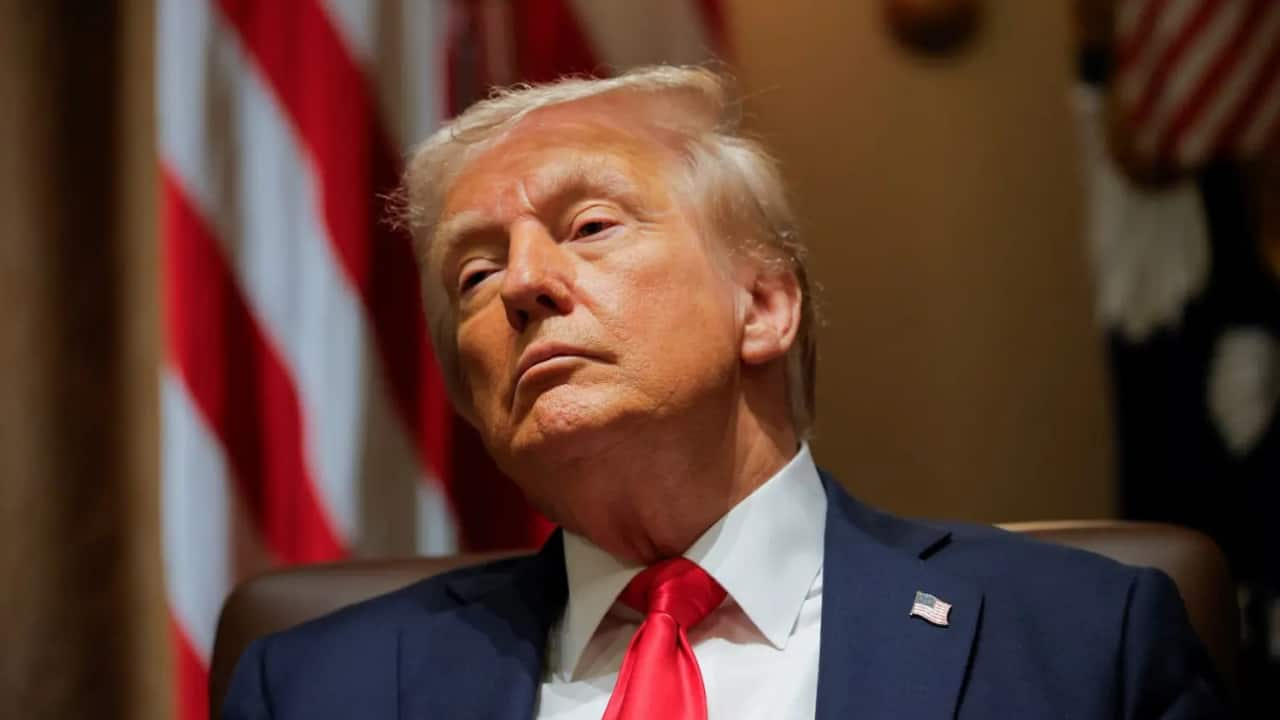
BUSINESS
Staying invested works, but drawdowns deserve your respect too
The challenge for investors is not just in enduring volatility but also in discerning when a drawdown presents a real opportunity—and when it signals structural decline.

BUSINESS
NRI capital needs to look for strategic investments to build assets
Investment Strategy for NRIs: NRIs holding Indian assets in traditional savings and fixed deposits may be eroding their wealth due to inflation and taxes, and should consider structured, compliant wealth management for sustainable growth.

BUSINESS
Why the US might want its stock market to crash
Theories abound that the US is deliberately letting its stock market drop. It has dropped 8 percent, wiping out $4 trillion, in the last month sparking theories that Trump's administration may be intentionally letting it fall to reset the economy. Will this gamle pay off?

BUSINESS
Why hybrid funds should be a key part of your investment strategy in 2025
Hybrid funds aren’t just another investment option—they’re a smart way to navigate today’s tricky financial world. They help you find the right balance in your portfolio, manage risks, and still aim for growth, no matter how the market moves.

BUSINESS
Are retirement calculators giving you a false sense of security?
Retirement planning is not an exact science. So, calculators can help you understand the power of compounding and the importance of consistent savings. However, they are not a blueprint for a perfect retirement. Think of them as a loose map — not a turn-by-turn GPS.

BUSINESS
Four financial planning mistakes you should avoid in 2024-25
By taking proactive steps such as regularly reviewing your plan and building a safety net, you can navigate your financial journey with confidence and achieve long-term success.

BUSINESS
Navigating investments in 2024 won’t be as easy as it was last year. Here’s why
As many as 70 elections across 40 countries, covering nearly half of the global population, are lined up for the year. Political shifts could significantly influence economic policies. Historical data suggests market volatility increases by up to 20 percent in election years








